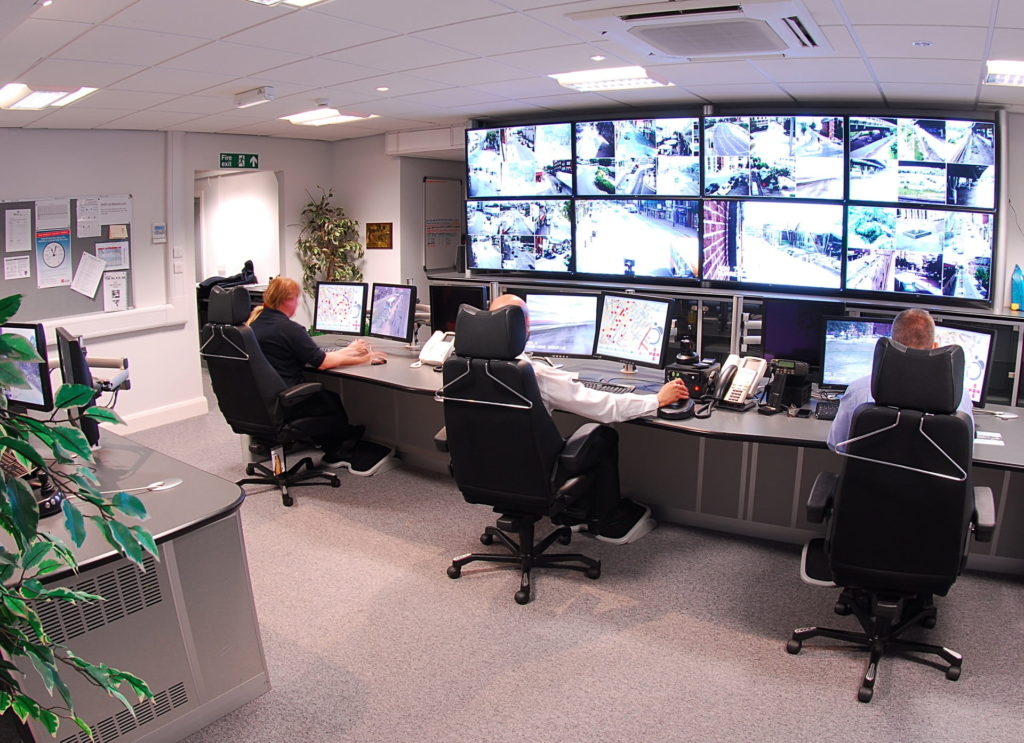A majority of Brussels police zones are reluctant to give access to their CCTV footage, slowing down the launch of a regional video security platform.
Plans to centralise Brussels' crises, police and emergency responses were announced in 2015 and accelerated in the aftermath of the terror attacks that hit the Belgian capital in 2016.
A new regional security body called Brussels Prevention and Security (BPS/BPV) was created to coordinate the platform, in which all security footage would be centralised in an effort to optimise emergency responses.
Related News
- Police break up crowds of hundreds in Ixelles and Anderlecht
- Brussels police to double down on enforcing gathering ban
- Leopold II statue defaced again after clean-up
"The goal [of BPS] is to enable us to be a lot more efficient when something happens — to have a single platform where all images are accessible at a regional scale, rather than having to go to each police zone looking for footage," Nancy Ngoma, spokesperson for Brussels Minister-President Rudi Vervoort said in a phone statement.
But so far five of Brussels' six police zones have not signed an agreement to share their footage with BPS, Vervoort said in an interview with Bruzz.
Only the Marlow police zone, responsible for Uccle, Watermael-Boitsfort and Auderghem has agreed to give access to their CCTV footage.
Ngoma confirmed that negotiations with the five remaining police zones were ongoing but that it could take some time before an agreement was reached.
"There can sometimes be a bit of reluctance to share the images, the negotiations with police zones are ongoing but they are complicated, these are discussions that can take some time," she said.
News that the BPS' video security platform was not yet operational drew criticism from Brussels' former digitalisation minister, Bianca Debaets.
"I launched this project in 2015," Debaets said. "But what do we see now five years later? Only three out of the six police zones are part of the regional platform, where more than 8,000 cameras can be connected — of those zones, only the Marlow zone has the convection signed and ready to effectively use and share camera images."
Debaets said that, after the 2016 attacks or the recent riots that took place in the aftermath of an anti-racist demonstration in Brussels, the need for a centralised security platform was now "clear."
In the interview, Vervoort said that mayors in Brussels could sometimes be reluctant to support giving the region access to CCTV images of their police zones out of fear that it may be a first stop towards merging the zones into a single one for the territory.
The mayor of Schaerbeek, Cécile Jodogne, said that local authorities and police agreed in principle to the initiative, but said that the common platform should be "legally sound," citing concerns linked police laws as well as the EU's data protection privacy regulation.
Gabriela Galindo
The Brussels Times

